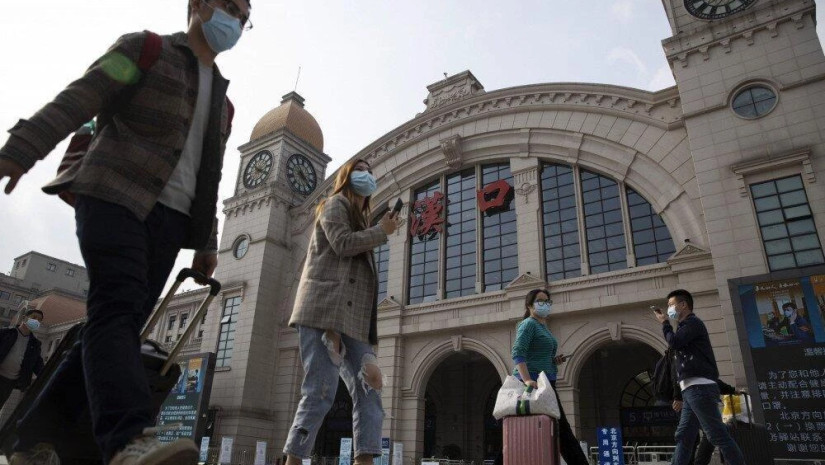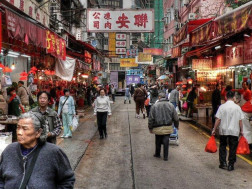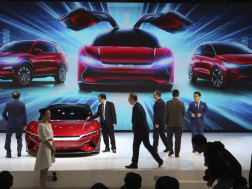It has been almost three years since Covid-19 first hit China, but the country’s relentless adherence to lockdowns continues to hobble business and the economy.
Top global and Chinese companies, from carmakers to tech giants, have experienced huge disruptions to their business in recent days as the world’s second-largest economy doubles down on its zero-Covid approach after Xi Jinping began his third term in power with a ringing endorsement of the policy.
On Wednesday, authorities imposed a seven-day lockdown of the area that houses China’s biggest iPhone assembly factory, in the central city of Zhengzhou.
Run by Foxconn, one of Apple’s (AAPL) largest suppliers, the facility has been grappling since mid-October with a Covid outbreak that has caused panic among its migrant workers.
Videos of people leaving Zhengzhou on foot have gone viral on Chinese social media in recent days. State media has said that many Foxconn workers are among those walking miles on the highways to escape the factory.
The lockdown and the exodus are putting tremendous strain on Foxconn just before the key holiday shopping season and could hit the assembler’s production and shipments.
The Taiwanese manufacturer isn’t the only one dealing with Covid-related chaos at the workplace this week. On Monday, Disney’s (DIS) Shanghai resort abruptly suspended operations to comply with Covid-19 prevention measures. Visitors have been locked inside the park until they show a negative test for the virus.
Cars and fast food
Carmakers are also being hit as cases rise across China, and authorities impose lockdowns, mandatory quarantines, and repeated mass testing.
On Wednesday, Chinese state media outlet National Business Daily said that electric carmaker Nio (NIO) shut down two factories in the eastern city of Hefei because of Covid curbs. In a statement Wednesday, the company said that its production was hurt by the pandemic last month.
“Vehicle production and delivery were constrained by operation challenges in our plants as well as supply chain volatilities due to the Covid-19 situations in certain regions in China,” Nio said.
Yum China (YUMC), the Shanghai-based company that owns the KFC, Pizza Hut and Taco Bell chains in China, also painted a bleak picture in its quarterly earnings.
“In October, approximately 1,400 of our stores were either temporarily closed or offered only takeaway and delivery services,” the company said on Tuesday. “Nationwide, consumers are traveling less and reducing expenditures,” it added.
There is little sign of relief in sight. Authorities have ramped up Covid restrictions after Xi’s sweeping power grab at the Communist Party Congress last month, and cases are rising. China reported 2,755 local infections for Tuesday, the highest daily tally since August, CNN reports.
















